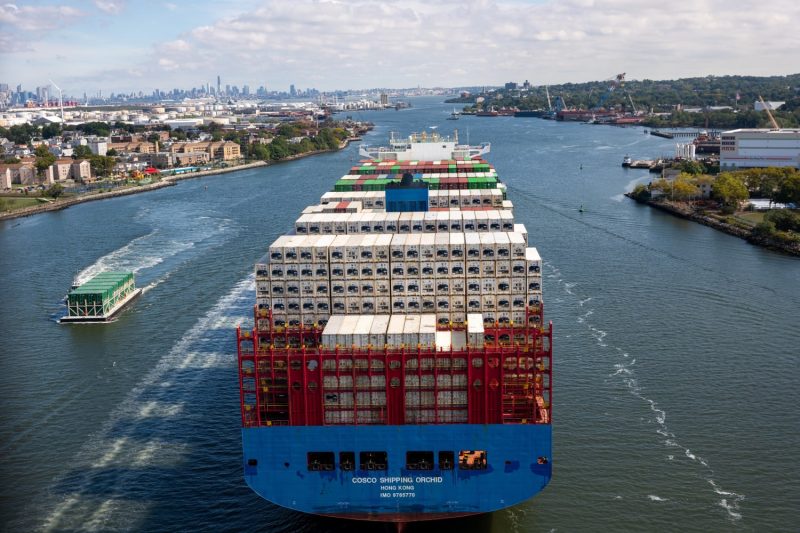The recent strike of thousands of workers at East and Gulf Coast ports has sent shockwaves across the maritime industry, leading to significant disruptions in supply chains and trade operations. The strike, which has paralyzed several key ports, highlights the ongoing challenges faced by workers in the maritime sector and underscores the need for meaningful dialogue and resolution.
The decision of workers to go on strike was fueled by a range of grievances, including concerns about working conditions, wages, and benefits. Reports suggest that labor disputes had been simmering for some time, with workers feeling increasingly frustrated by what they perceived as inadequate compensation and poor working conditions. As a result, the decision to strike represents a collective pushback against perceived injustices and exploitation within the industry.
The impact of the strike has been far-reaching, with cargo shipments delayed, vessels stranded at sea, and businesses facing significant losses. The closure of key ports along the East and Gulf Coasts has disrupted global supply chains, affecting the movement of goods and raw materials across continents. This disruption has not only strained the relationships between workers and management but has also exposed the vulnerabilities inherent in the interconnected nature of the global economy.
The strike also raises important questions about the power dynamics at play within the maritime industry. While workers have the right to collectively bargain and protest against unfair labor practices, the shutdown of ports has highlighted the extent to which labor disputes can have ripple effects on a much larger scale. This serves as a reminder of the delicate balance that exists between the interests of workers, businesses, and consumers in an increasingly complex and interdependent global economy.
Moving forward, resolving the ongoing labor dispute will require a commitment to open dialogue and constructive negotiations between all parties involved. Finding a sustainable solution that addresses the concerns of workers while also ensuring the smooth functioning of port operations is crucial for restoring stability and confidence in the industry. It is essential for stakeholders to work together to address the root causes of the conflict, find common ground, and establish mechanisms for resolving disputes in a timely and effective manner.
In conclusion, the strike at East and Gulf Coast ports underscores the challenges faced by workers in the maritime sector and the broader implications of labor disputes on global supply chains. By addressing the grievances of workers, fostering open communication, and prioritizing collaboration, stakeholders can take meaningful steps towards resolving conflicts and creating a more equitable and sustainable industry for all parties involved.


























